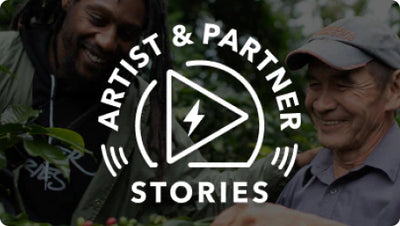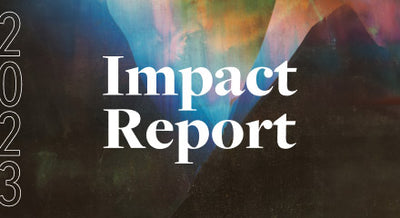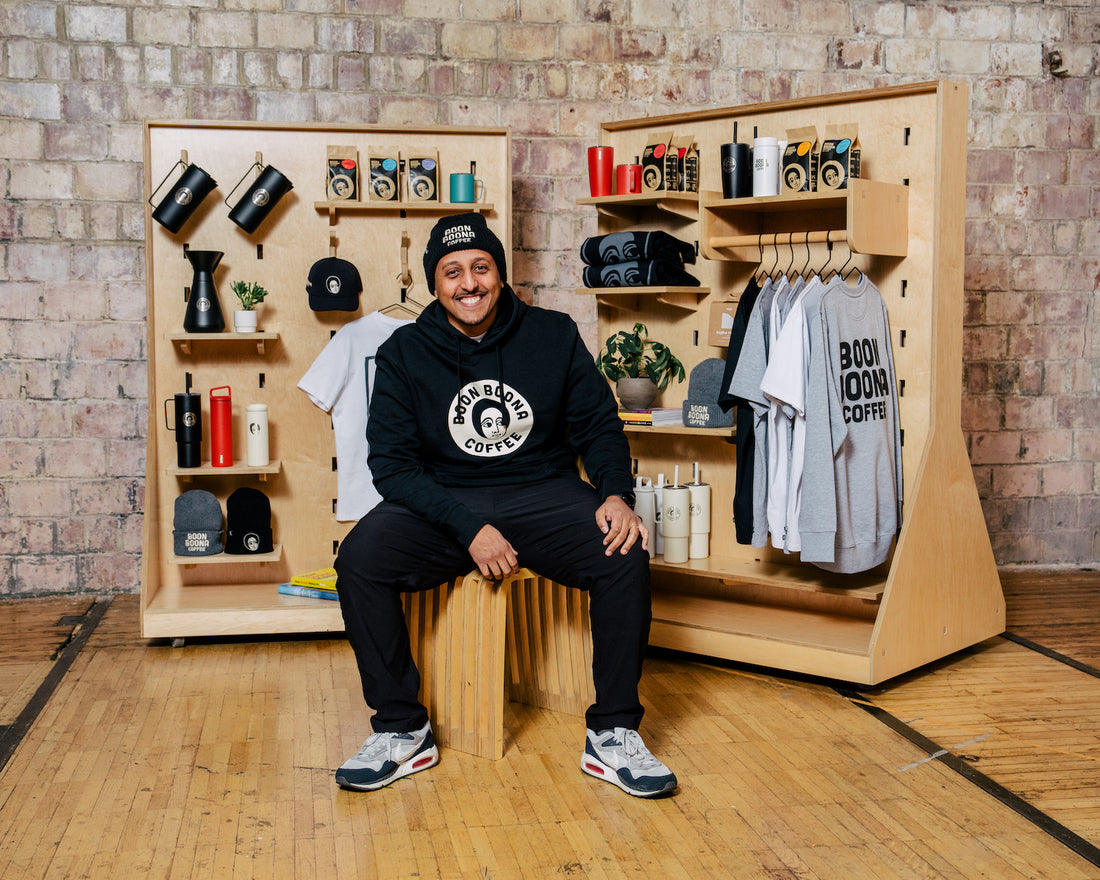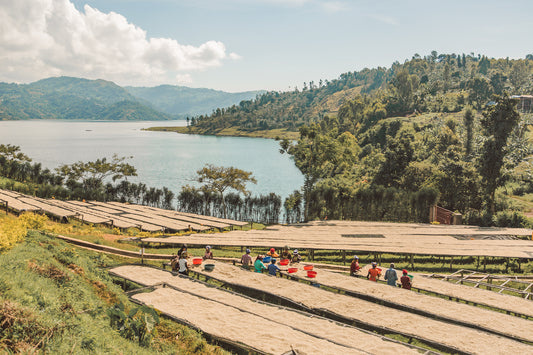Good coffee, good people.
At the height of the pandemic in 2020, when uncertainty loomed and major relief funds had yet to be established, MiiR launched a small business campaign whereby folks could nominate their favorite local coffee shop or brewery to receive free, customized MiiR products as a way for that small business to generate additional sales. Magically, Boon Boona Coffee was nominated and randomly selected to participate. Since then, Boon Boona and MiiR have cultivated a beautiful partnership that’s evolved in ways that neither brand could’ve imagined.
To know Boon Boona’s Founder and CEO Efrem Fesaha is to witness a human deeply rooted in cause, community, and humility, with a commitment to bridging two cultures. The vehicle for all of this? Coffee, of course.
“Boon” or “boona” means “coffee” in many East African languages. According to their website, Boon Boona, inspired by Efrem’s travels and family ties in Eritrea, is helping Seattle discover the unique coffee and traditions of East Africa, where pouring a daily cup means taking time to connect. At the same time, Boon Boona sources all of its beans from Africa, providing economic opportunities for coffee producers, cooperatives, exporters, and importers from Ethiopia, Rwanda, Burundi, Kenya, and other nations.
Not long ago, we had the honor of sharing a daily cup and conversation with Efrem to learn more about his story. Read on for our conversation:
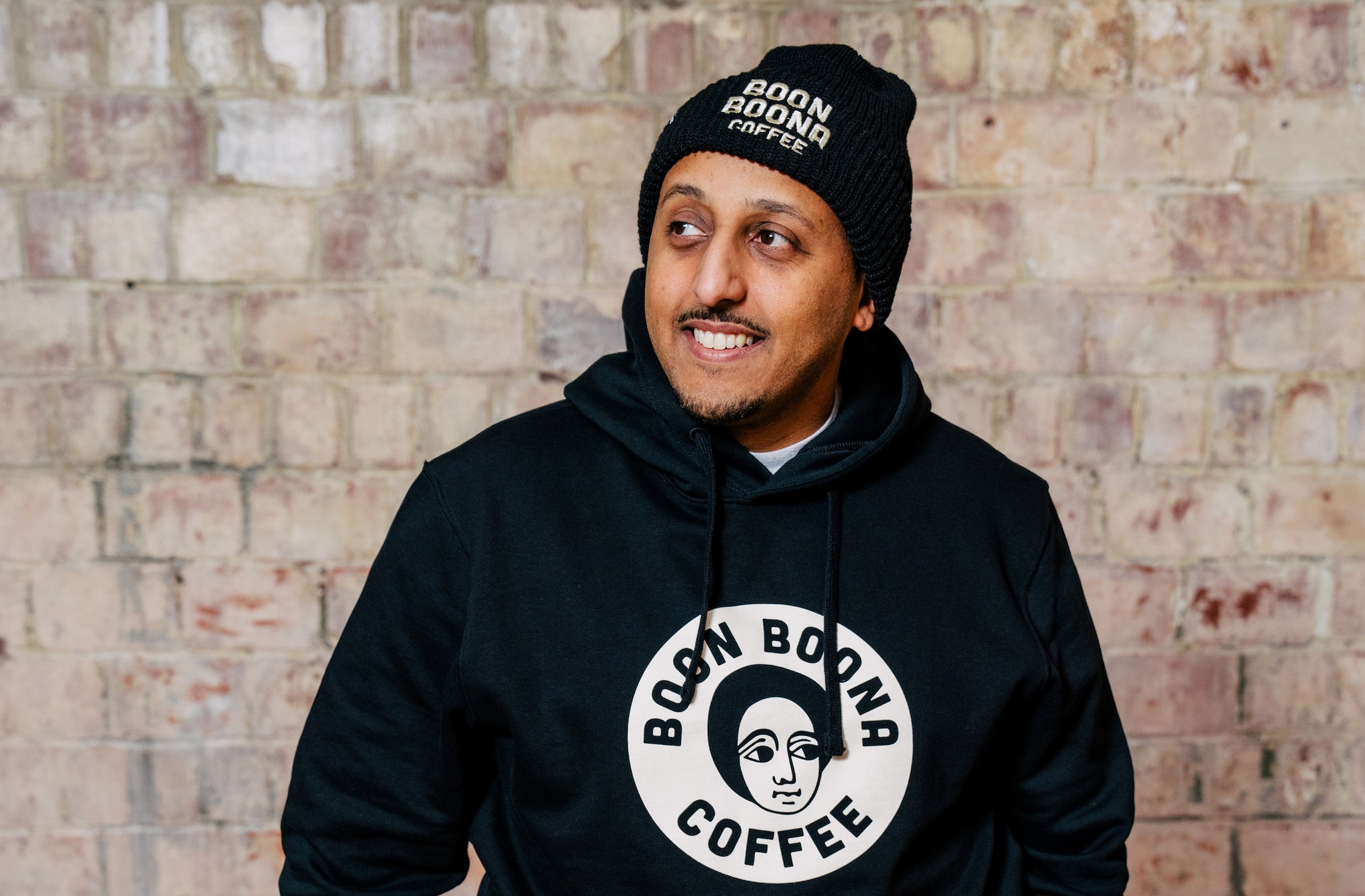
EF: My name is Efrem Fesaha, CEO and Founder of Boon Boona Coffee, and I am of Eritrean descent. I came to Seattle when I was five years old, and I've lived most of my life here. Renton, though, that's where I started my business, Boon Boona Coffee.
MiiR: What is Boon Boona all about?
EF: Boon Boona focuses on a few things. The first is sourcing. We're intentionally sourcing from Africa. We’re also fortunate enough to have these cafe spaces. We pay attention to how we're bringing community into what we’re doing — by sharing our space, supporting other small businesses, and providing opportunities to educate, to reflect art and music — all different talents. We also look at how we can get outside of the cafe. So it's not just inside of here, but partners outside of the cafe and engagement in the communities that we're in.
And the last one is, you know, we're coffee nerds. So going deep on our coffee and getting serious about it. So that's what we do here at Boon Boona. We're fortunate to have our Renton location, which is our flagship spot. But we have a few other locations — Capitol Hill, University District, and we just opened up more recently on Microsoft's campus in Redmond. We have four locations and two roasting facilities.
MiiR: Let’s back it up a bit to 2011, before Boon Boona. After earning your bachelor’s degree, living through the financial crisis of 2008, and experiencing corporate burnout from your day job at the time, you took a break.
EF: I took a little bit of money I had and traveled. I spent three months in Eritrea, you know, to see about this “paradise” my parents had been hyping up. And I get out there, and it's beautiful in its own way, a unique way. And I loved it. I didn't go there with an intent for coffee. It was honestly just a break away from things. But Asmara, Eritrea itself was colonized by Italy for a period of 50 years. And as a result of that, there are a lot of cafes, roasters, bakeries and such. Art deco — there's a lot of Italian influence there.
And so, walking in the city, you smell the coffee, you smell the roasting happening, you go to cafes for espresso, and cappuccinos, and macchiatos. And, you know, it's different from what I was accustomed to here in Seattle. You don't really smell coffee roasting in cafes most of the time. So, I remember just being really inspired by that.
Additionally, Ethiopian Eritreans, we grew up with roasting and brewing our own coffee (we call it a ceremony, but really that's just how we have our coffee). That’s the traditional style of coffee, which most Ethiopian Eritreans and Sudanese East Africans experience. But then there was the contemporary side that I was seeing in Eritrea. And then growing up here in Seattle, and I was like, how do you bridge the two? And that's how it all came to be. Getting back to the roots.
MiiR: What is it about the East African coffee culture that you love so much that you wanted to bring here?
EF: Well, that traditional East African coffee ceremony is one of relevance. It has importance in the history of coffee. A lot of times, it's not credited for being the original way of having coffee. But we know that coffee — at least Arabica coffee — was founded in Ethiopia. And consumption of coffee has been going on in East Africa for over a thousand years. But a lot of times, it's kind of bypassed. That story is not shown or told. And it's easy to do that, you know, to give credit or take credit away from Africa and Africans. It's historically been done and I think that I wanted to at least take a step into telling that story.
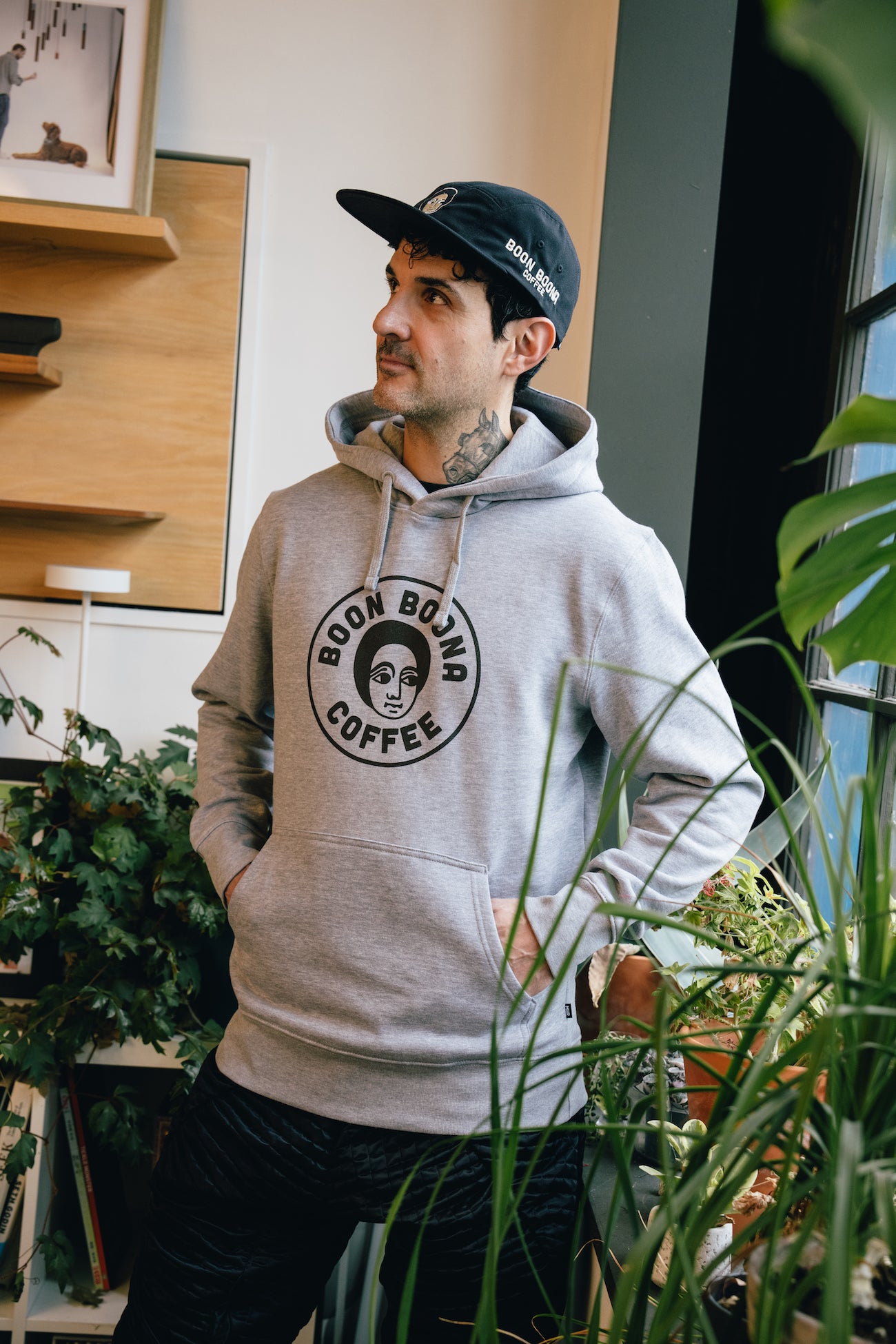
MiiR: How does that show up in your space?
EF: It's definitely about how we source. But then in our cafe, performing the traditional coffee ceremony, offering up the Jebena, which is the brewing tool, the art that's inside of here — all of these things reflect it. And so we try sprinkling it into the business, or maybe more like dousing you in it! But that's what it's about.
It all kind of comes together. If you look at the essence of the coffee ceremony, even in East African culture, it is for hospitality — to enjoy time with friends and family. But then it's also a form of serving your guests — offering something to them. And wanting to do that in a cafe space, we strive to provide a welcoming, warm space for the community where they can get a beverage and connect with the community as well — with opportunities to engage in different ways.
Stemming from hospitality in the traditional way, it has happened organically. And a lot of it, still, we're learning and trying to piece together. But each location is a little bit different and allows for us to do different things, centering the people that come in it.
MiiR: There’s a social impact component as well.
EF: Yeah, it started with coffee. Who are we sourcing it from? What are we paying for it? What does the supply chain look like? And yeah, we're small, but we're working progressively to get to even better places. So that's one of the first steps.
We're learning as we go, as we have more means and more capacity. We want to know what the community really wants so we can bring it into our space.
We were also fortunate enough this year to become a certified B Corp, following our good friends at MiiR.
MiiR: That’s a great lead-in to my next question: what’s it been like working with MiiR?
EF: Before we got connected, I always thought that MiiR products were pretty dope. It was a few months into the pandemic. We found out that MiiR was running a contest on social media, where folks could nominate where they wanted to see MiiR products donated, and we were nominated and selected. As a result, we were gifted a whole bunch of MiiR products. We were hurting, so to be able to invest in more merchandise, more product – that’s a luxury beyond luxuries. Nine other businesses also benefited from that campaign, which showed a lot of MiiR’s character.
Within about two months, it all sold out. We knew we needed to put an order in for some more. And I remember, it just kept working. That whole process – the engagement, the care, the opportunity – that all surpassed even the quality of the product. Of course, customers love it. But I'm also looking for someone that's doing good. And MiiR was doing good, especially in a time of hurt. That says a lot about the organization, and the people behind it, too. And it's only continued on.
Now, here we are, close to four years in together. And truly, I am fortunate to have something more meaningful than just transactional. Because that's not what I got into this for.
I don't want to just buy something at fifty cents, and sell it for a dollar. I want there to be something deeper, something richer, something more to gain, you know? A community to support one another. You can't ask for more. And that's why I love this partnership with MiiR. Whenever an opportunity offers itself up to collaborate, it's like, yeah, sign me up.
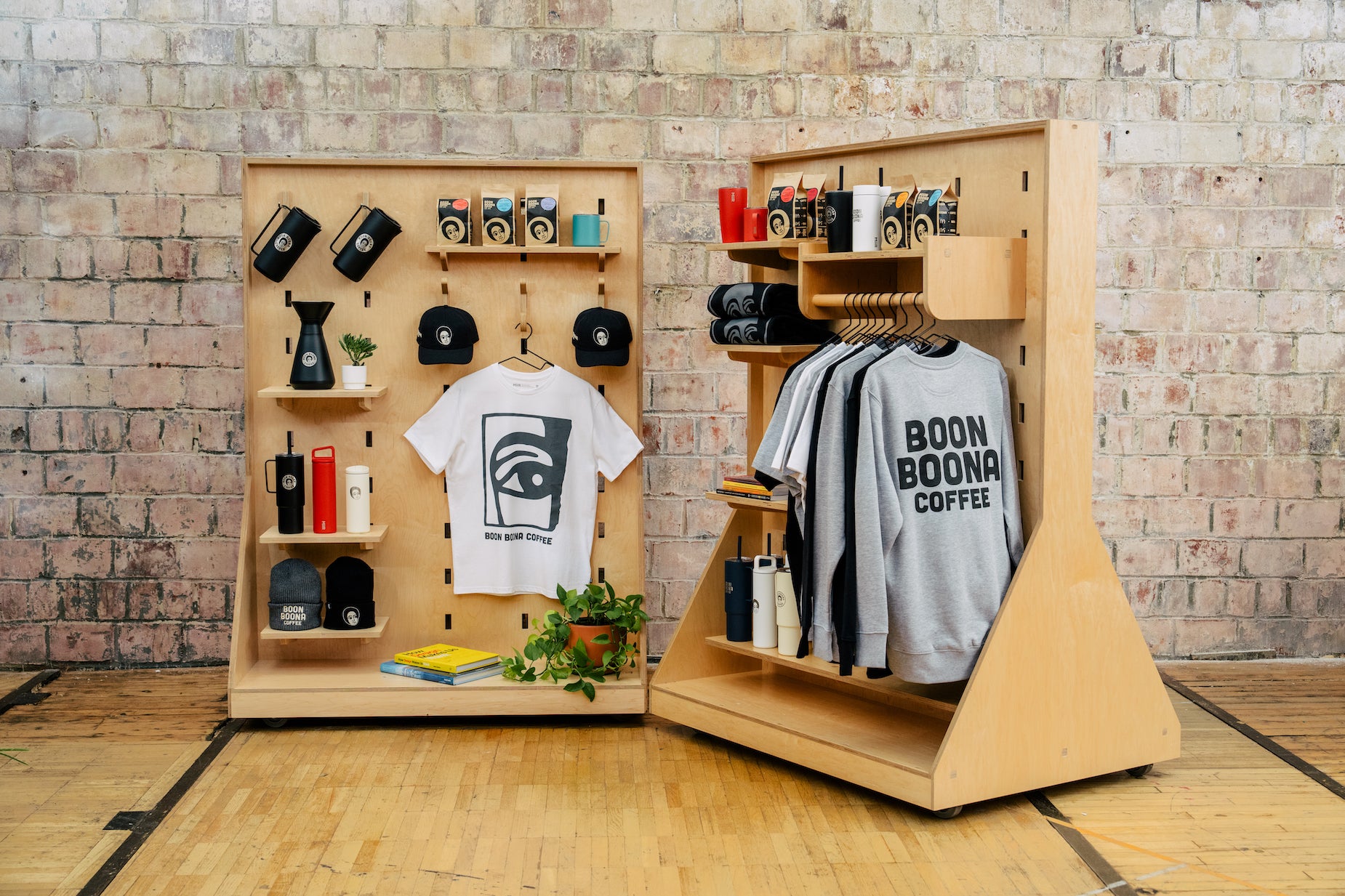
MiiR: What’s one thing about our partnership that’s inspired you?
EF: I wasn’t too familiar with B Corp certification until I connected with MiiR. Hearing Bryan speak to its purpose and, you know, all the different goals that MiiR put in place to make sure that it's not just about the business, but about doing it responsibly — how it's important to really look at the entire process, sourcing to output … it was something that I started to dive into. And then, during MiiR X, hearing Bryan offer up the MiiR team’s help as well. Like, “Hey, if you need any help getting through the process, because it is tough, we're here to support.”
It took about a year plus to work through it. But I was really excited and grateful when we did get certified. And to be able to carry it with pride and, you know, to still look for opportunities to be impactful in our community, it's super, super great.
So shout out to shout out to big bro/big sis, MiiR, for guiding Boon Boona in the direction of B Corp certification.
MiiR: When you look back on your journey from 2011 to now, what are you most proud of?
EF: There are some selfish things like, you know, being able to satisfy your heart's desire for coffee and, you know, starting up something that you dreamt about and seeing it manifest. So that's cool. But if it was just for financial gain, that’s not it for me. What motivates me to continue on this journey, and the thing that I'm most proud of, is the people that I've gotten to meet — the people that I've gotten to build with. And the hope and the desire of doing just a little bit of good at the same time.
MiiR: Looking to the future, what are some things that you’re most excited about?
EF: We just bought a larger roaster, so putting that thing to work. We opened up a location on Microsoft's campus about a month ago, so we’re hoping that it's successful. And really, this year, it's about building up our team and supporting them, defining more of those goals that we have for outside of our cafes — like sourcing, community, all of that. I'm just super grateful for the entire team, and I’m excited for what’s to come. So yeah, let's keep at it.
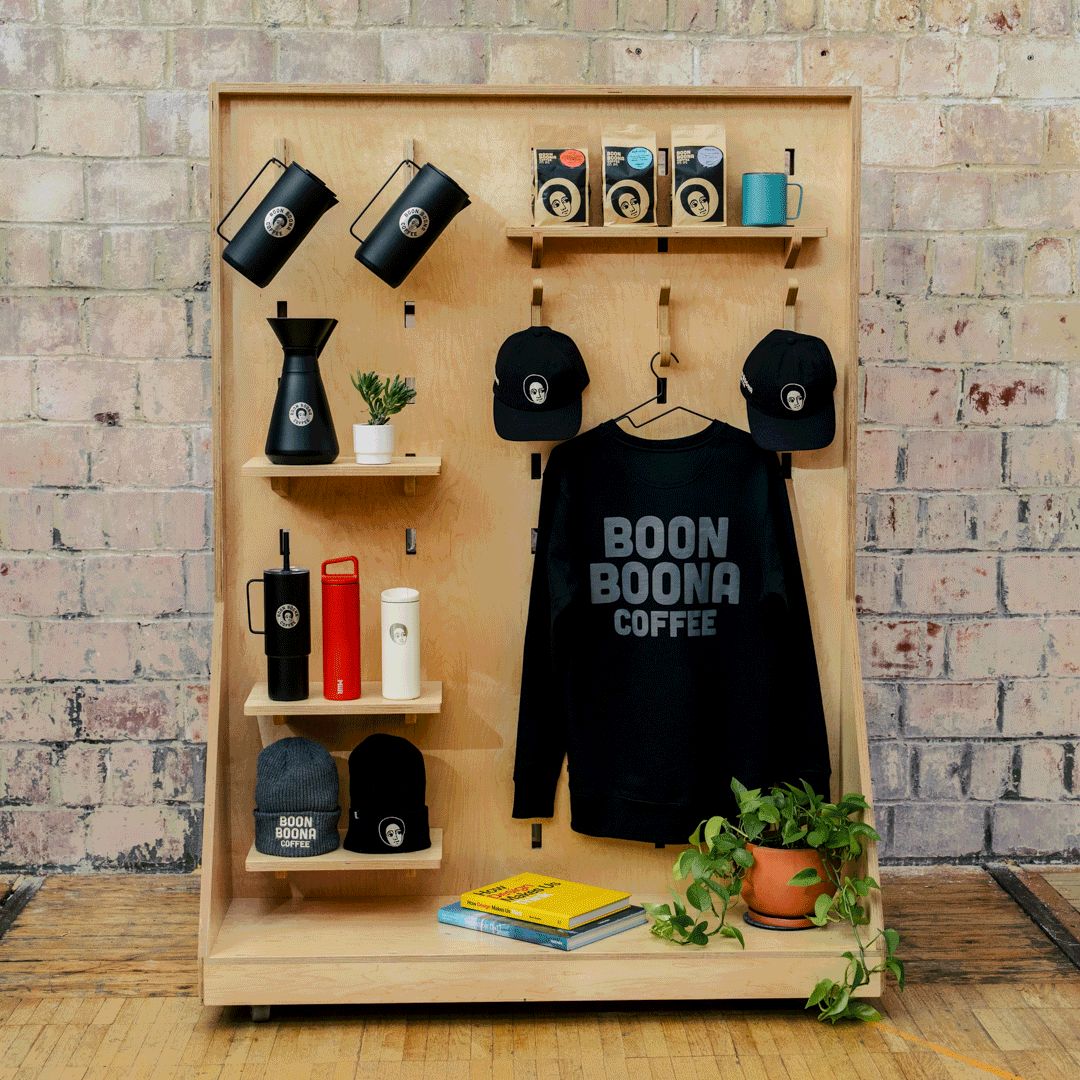
***
That's Efrem Fesaha, Founder and CEO of Boon Boona Coffee. To learn more about what's possible with MiiR, visit B2B.MiiR.com.



